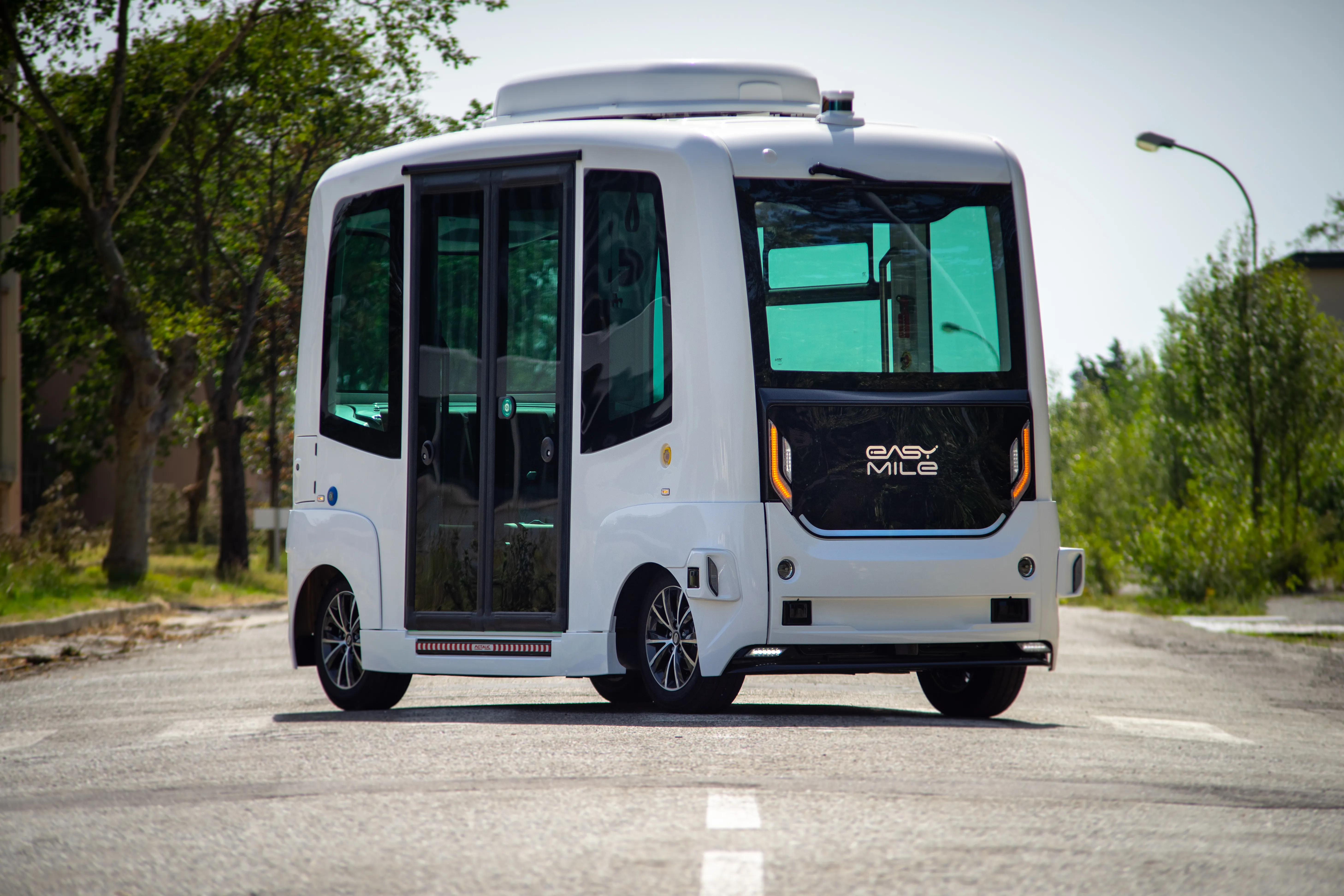Australia’s first fully driverless and electric shuttle bus, the RAC Intellibus, has begun on-roads trials in South Perth, following tests in a closed environment, as part of the Royal Automobile Club’s (RAC) plan to trial autonomous vehicle technology.
The RAC Intellibus will carry passengers and interact with traffic, parked cars, cyclists and pedestrians as it travels along South Perth Esplanade between the Old Mill, near the Narrows Bridge, and Sir James Mitchell Park.
The shuttle bus can transport up to 11 passengers and has a maximum speed of 25km per hour. The vehicle aims to complement the existing transport system over distances which are too short to travel by car but too far to walk.
The shuttle bus is fitted with multi-sensor technology providing 3D perception that allows it to map the environment, detect obstacles on the road and interpret traffic signs. The shuttle bus is the result of 10 years research and expertise which allows it to achieve the highest level of autonomy possible making it an entirely autonomous, or driverless, series vehicle.
RAC Group chief executive officer Terry Agnew said Western Australia is leading the way in exploring the possibilities of driverless vehicle technology, with the RAC Intellibus trial set to be the first in the country, and among the first in the world.
“This trial is an Australian-first, and will be a real trial incorporating members of the public travelling on public roads,” he said.
“We anticipate this first step in exploring driverless technology will start a conversation on further trials, research and collaboration, which will increase WA’s understanding of how driverless vehicles can integrate into our transport system.”
Australia's first driverless bus takes to the open road
Australia’s first fully driverless and electric shuttle bus, the RAC Intellibus, has begun on-roads trials in South Perth, following tests in a closed environment, as part of the Royal Automobile Club’s (RAC) plan to trial autonomous vehicle technology. The RAC Intellibus will carry passengers and interact with traffic, parked cars, cyclists and pedestrians as it travels along South Perth Esplanade between the Old Mill, near the Narrows Bridge, and Sir James Mitchell Park.
September 1, 2016
Read time: 2 mins









